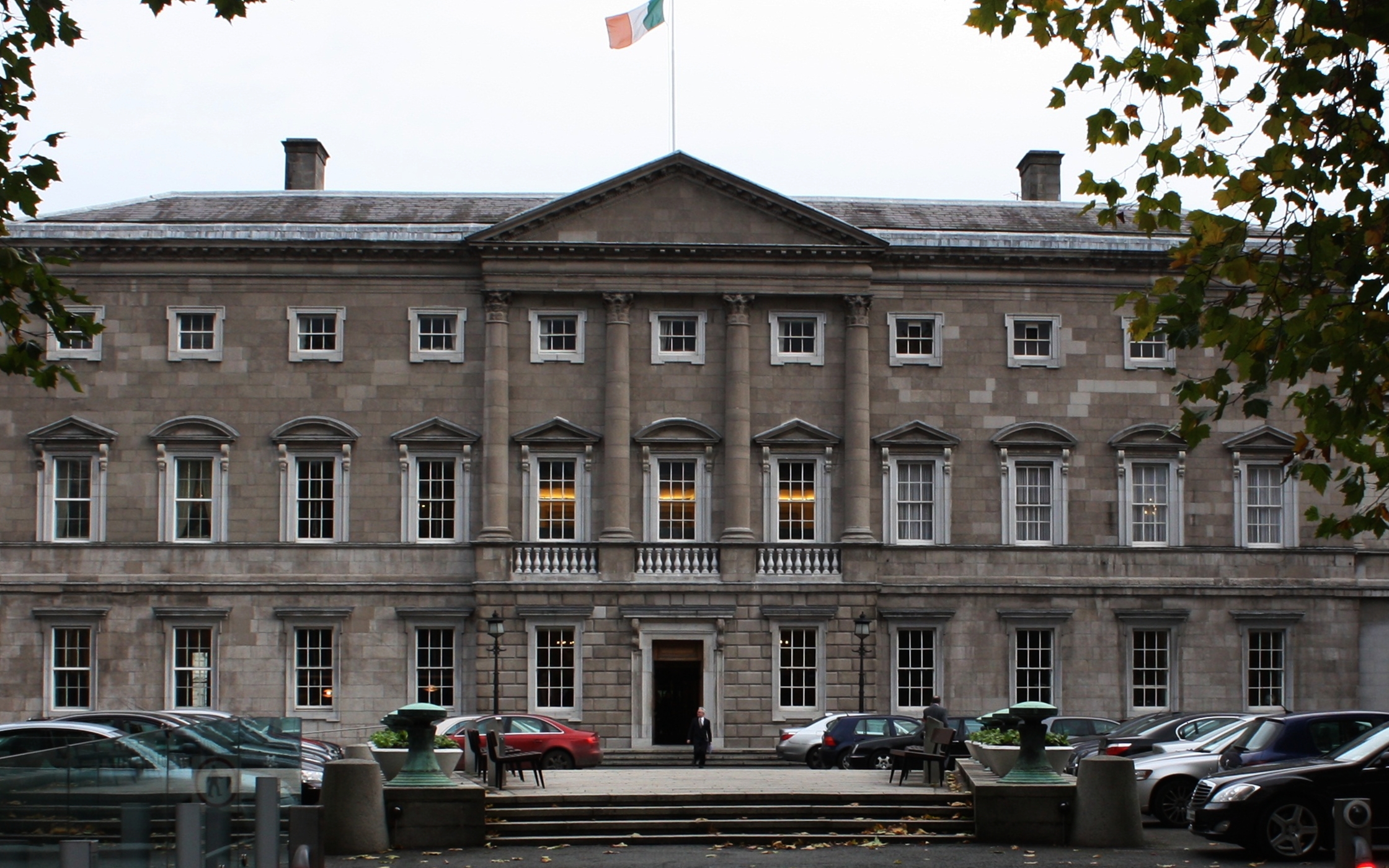The Union of Students in Ireland (USI) has called for “an immediate reduction” of the student contribution charge by €500, as well as the elimination of the residency criteria on the free fees initiative.
Today, USI has published a document that it presented to Minister for Higher Education, Innovation and Science Simon Harris, outlining the union’s “priorities for the new government” and what students need in light of the pandemic.
A €500 reduction in the student contribution charge, which currently stands at €3,000 annually for each student, would come at a cost of €39.3 million to the government.
The reduction should come as part of longer-term plans to incrementally lower the charge for students, USI said.
The priority document in parts focused on the student experience during the pandemic, as well as other longer-standing issues facing students.
Some of the priorities detailed in this document included high education funding, fees, the environment and the Irish language.
According to the priorities of the USI for government, higher education funding presents a “significant risk” to the student experience.
The Irish Universities Association (IUA) have predicted a €181m reduction in International Fee income for the university sector over the next year, according to the document.
This is one of the primary sources of income for universities.
USI “repeats its call” in the priority document for the introduction of publicly funded education.
The document states: “Higher Education has played a key role in the national response to COVID-19 and should be recognised as providing a public good that benefits our economy but also our society.”
“Today, the Union of Students in Ireland launches two really important documents,” Fitzpatrick said. “The first of which is student priorities for the new Government, which outlines our key asks and demands from the Government on issues that are important to students. These are based on our policies which are set by USI members from across the island at Congress each year.”
“Also, earlier this year we undertook some research in the form of a survey and focus groups where we discussed different issues that were affecting students as a result of Covid-19,” she continued. “The aim of this document is to inform decision-makers around the issues that affect students when they’re planning for the next academic year.”
The document also highlighted student fees as a USI priority for government and called for a complete revision of the Student Universal Support Ireland (SUSI) grant.
These proposed changes include changes to procedures for proof of independent status, that refugees and those living in direct provision should be omitted from the residency criteria, that thresholds should be reviewed to ensure they are fair in terms of current wage levels and the grant is increased by 10%.
In the introduction of the priority document that was presented to Minister Harris, USI President Lorna Fitzpatrick stated: “Some economists are saying we are entering into the worst economic decline in our history. If that is to be the case, education will be key in ensuring that we reskill and retrain, and build a strong economy for our country.”
She added: “We do not have time to do further research, our sector, our society and most importantly, our students need support. This support requires investment.”
“Funding for the sector must be made available immediately to ensure access to high quality online learning, provide secure employment for staff and break the barriers of accessing education for students,” Fitzpatrick said. “If this is not the priority for the new Department, the future is bleak.”






